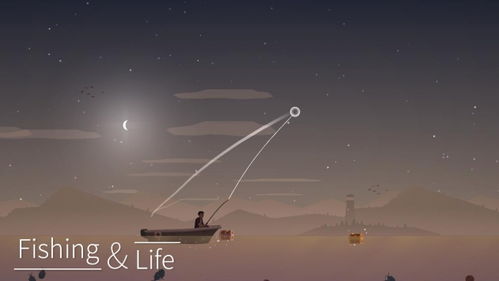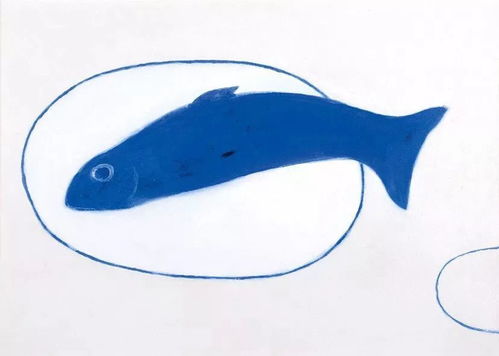Content:
In the realm of angling, selecting the right fish pond and mastering the necessary techniques can be the difference between a rewarding day on the water and a frustrating experience. With a myriad of fish ponds available, each with its unique characteristics, it's essential to know how to choose the best spot for your fishing adventure. Additionally, understanding and implementing effective fishing techniques can significantly enhance your chances of success. Here are three key aspects to consider when selecting a fish pond and some essential fishing techniques to help you catch more fish.
Selecting the Perfect Fish Pond

a. Water Quality and Temperature The first step in choosing a fish pond is to assess its water quality and temperature. Fish are highly sensitive to water conditions, and poor water quality can lead to stress and illness. Look for ponds with clear, cool water, as these are typically healthier and more conducive to fish survival. Avoid ponds with murky, stagnant water, as these may indicate poor oxygen levels and high levels of pollutants.
b. Fish Species and Abundance Different fish species thrive in different environments. Research the types of fish that are commonly found in the pond you're considering. For instance, some ponds are known for their bass, while others may be better for catfish or trout. Additionally, consider the abundance of fish. A pond with a high fish population will generally offer better angling opportunities.
c. Accessibility and Location Accessibility is another crucial factor. Choose a pond that is easily accessible, allowing you to spend more time fishing and less time traveling. However, also consider the location's privacy and tranquility. A secluded pond may offer a more peaceful experience, which can be beneficial for both your mood and your fishing success.
Essential Fishing Techniques
a. Lure Selection The right lure can make all the difference. Depending on the fish species, you may need to use a variety of lures, such as spinnerbaits, jigs, crankbaits, or live bait. Experiment with different lures and colors to see what works best in your chosen pond.
b. Timing and Weather Conditions Fish are more active during certain times of the day and under specific weather conditions. Early morning and late evening are typically the best times for fishing, as fish are more active during these periods. Additionally, consider the weather. Overcast days or cooler temperatures can stimulate fish activity.
c. Patience and Persistence Fishing requires patience and persistence. It's important to remain calm and focused, even when the fish aren't biting. Move to different spots within the pond if necessary, and be prepared to wait for the right moment. Sometimes, the best catch comes from the most unexpected places.
Advanced Techniques
a. Fish Locating Devices For those looking to enhance their fishing experience, consider using fish locating devices such as sonar or GPS units. These tools can help you identify the best spots in the pond where fish are likely to be found.
b. Fly Fishing If you're interested in a more challenging and rewarding form of fishing, consider trying fly fishing. This technique requires precision and practice but can be incredibly satisfying when you hook a big fish.
c. Bait Selection and Presentation The right bait can attract fish and trigger strikes. Whether you're using live bait, artificial baits, or a combination of both, it's important to understand how to present your bait effectively. This includes understanding the natural feeding habits of the fish you're targeting.
In conclusion, selecting the perfect fish pond and mastering the necessary fishing techniques are key components to a successful angling experience. By considering water quality, fish species, and accessibility, you can choose the best pond for your needs. Additionally, understanding and implementing effective fishing techniques, such as proper lure selection, timing, and patience, can significantly increase your chances of catching more fish. Whether you're a beginner or an experienced angler, always remember that the key to successful fishing lies in preparation, practice, and a deep respect for the water and the fish within it.












